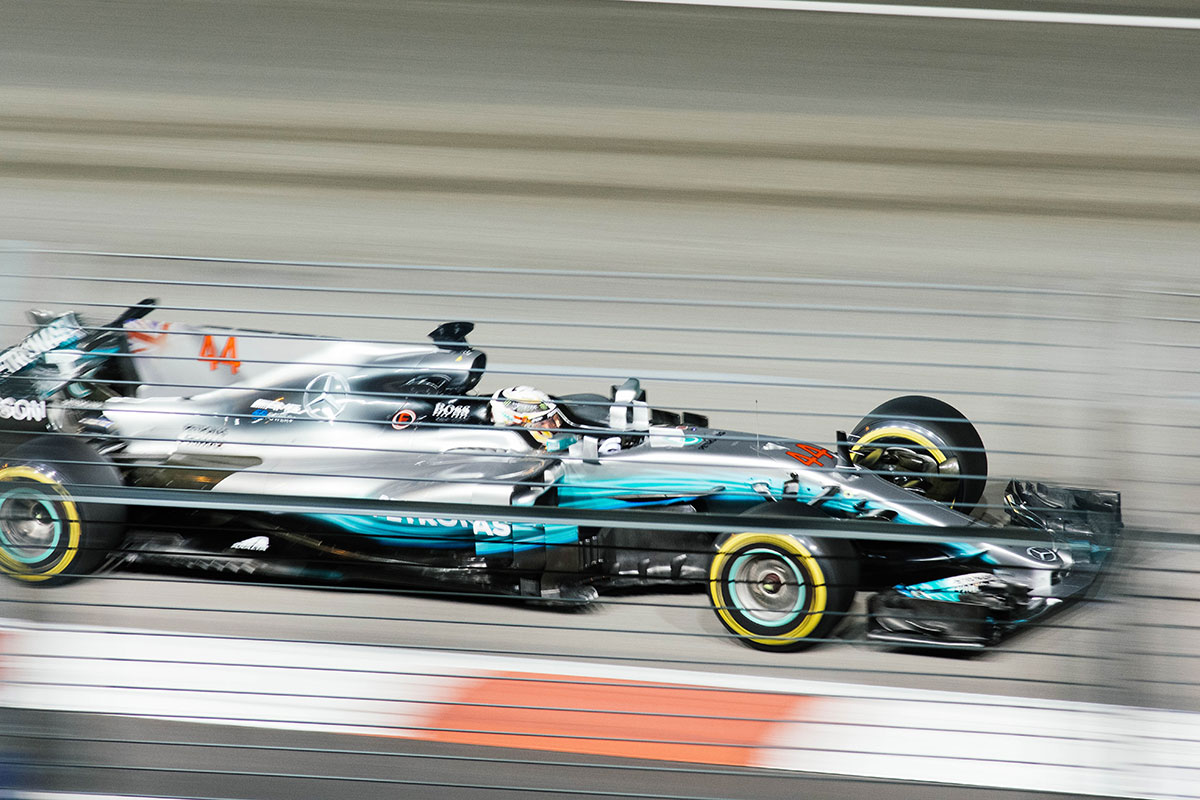Google Ads has shifted heavily toward automation. Smart Bidding, Responsive Search Ads, and Performance Max campaigns all use machine learning to optimise performance. While these tools reduce manual effort, full reliance on them comes with trade-offs.
Google frames automation as a performance booster: “Advertisers using Smart Bidding with value-based strategies see up to 35% more conversions at a similar cost per action,”. But those gains aren’t guaranteed. The costs of misplaced trust can add up.
Google Ads AI gives Less Visibility, Less Control
Automated campaigns often hide the details. Performance Max, for example, doesn’t show search terms or placements unless you dig into specific reports.
- Marketers lose visibility into what is driving the results
- Low-quality placements may be funding irrelevant clicks
- Ad combinations are dynamic, so creative intent is diluted
Without manual oversight, poor spending habits can go unnoticed. You might be paying for visibility in contexts that don’t align with your brand or goals.
Misaligned Optimisation Objectives
AI follows data. If your conversion tracking is inaccurate, or if you optimise for shallow metrics like clicks or leads without quality scoring, Google will pursue those outcomes relentlessly.
- Smart Bidding is only as smart as your conversion data
- Form fills don’t equal sales, but the system doesn’t know that
- AI can scale bad outcomes faster than humans can stop them
Without proper offline conversion imports or CRM integration, automation often chases the wrong signals.
Reduced Learning from Your Own Data
One of the hidden downsides of full automation is knowledge atrophy. When Google decides your audiences, bids, and ad structure, your team learns less about what works, and learns less about what your audience wants.
- Fewer A/B tests mean less creative insight
- No audience breakdowns limit strategic targeting
- Automation shifts learning value away from your organisation
AI may improve short-term efficiency, but it can reduce your long-term marketing intelligence.
Overdependence Can Backfire During Market Shifts
Automated campaigns are optimised on past data. In moments of sudden change, such as new product launches, regulatory shifts, or competitive moves, AI can take too long to adjust.
- Algorithms lag behind emerging trends
- Platform updates can reset learning
- Human judgement is needed for proactive pivots
Microsoft’s team makes a similar point: “Machine learning excels in stable environments. In volatile periods, advertiser oversight is more important than ever,” from a March 2024 update on Smart Campaigns.
You Still Need to Manage the Machine
Google Ads automation is not a set-and-forget system. It’s more like a high-speed vehicle that needs a skilled driver to guide it.

- Review search terms and placements weekly
- Set and adjust campaign-level exclusions
- Upload real conversion data, not proxy events
- Refresh creative assets based on actual performance, not assumptions
AI works best when it’s given strong input and active oversight. Neglect either, and you risk burning budget whilst the algorithms try many poor variations as they learn what works and what does not.
Within ExtraDigital we embrace AI where it is helpful, but we maintain a strong strategic oversight and closely monitor performance, intervening as needed to provide the best ROI for our clients. Contact us for a review of how effectively your PPC campaigns are making use of Google Ads AI features











